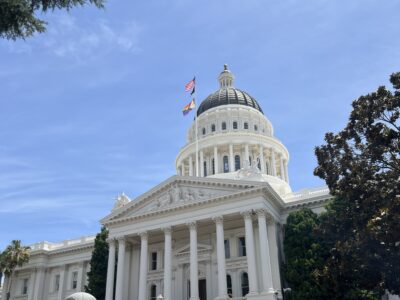Environmental Values and Political Polarization

While we all wait for tonight’s election returns, it’s worth taking a look at some of the trends that driving the votes. We’re been seeing a lot of polls lately about candidates, but in some ways issues polls are more interesting. Many people have noted the decline in support for environmental values among the public. A Pew poll in June revealed the most important reason: a dramatic decline in concern about the environment among Republicans. There’s some reason to think that the predominant force might be even more specific: the growth and increased zeal of the conservative wing of the GOP — the group that we now call the Tea Party.
Here is the evidence. In 1987, there was only a 5 point gap between Democrats and Republicans. Now it’s a 39 point gap. The graph to the left tells the tale. Democrats have stayed in about the same place, while support among Independents has weakened only slightly. But environmental values among Republicans have plummeted since around 2006, after actually rising during the earlier part of the Bush years. Another graph shows that the average Obama voter is far away from the average Romney voter on the environment, with swing voters about two-thirds of the way toward the Obama voters.

There’s also an interesting shift in attitudes toward regulation. As you can see, Republicans have always been more skeptical of regulation than Democrats, but the size of the gap has doubled. About 60% of the change is due to shifts among Republicans, 40% to Democrats. But surprisingly, views converged before Obama took office (see where the lines all intersect?). Under Obama, however, the gap has exploded. This seems to have been heavily driven the Tea Party faction within the GOP. Pew found that “nearly nine-in-ten Tea Party Republicans (87%) say that government regulation of business does more harm than good,” but only 65% of other Republicans (about the same percentage as in 1987).
These numbers help explain why Romney has turned out to be so much more conservative than Bush on regulatory matters. His party has turned sharply to the right, especially since the midpoint of Bush’s second term. It makes perfect sense that the Republican standard-bearer would move in the same direction.







Reader Comments